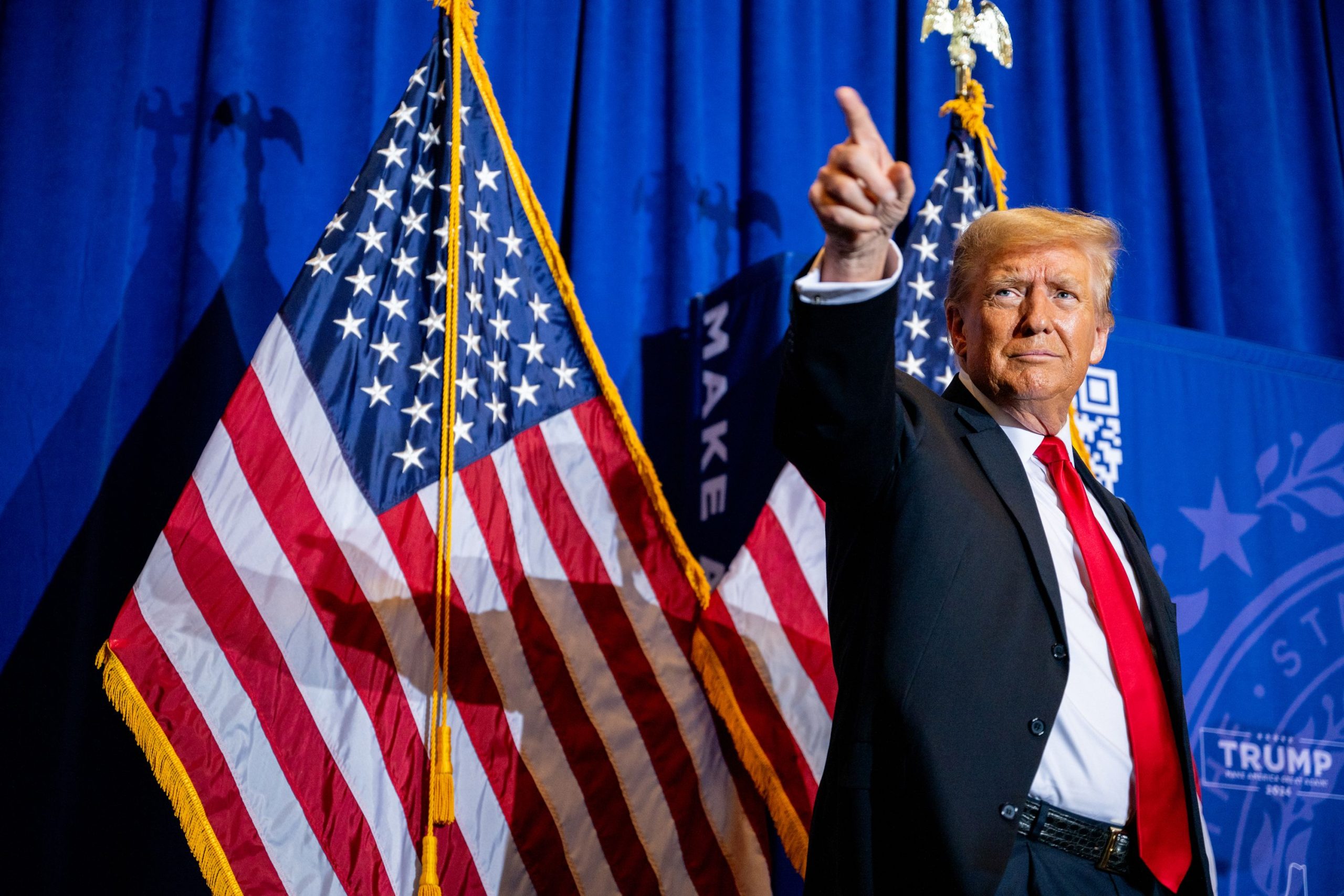
Donald Trump, who will assume the presidency of the United States this month, is in the spotlight due to his protectionist policies.
A recent survey, carried out by Financial Times and by University of Chicago Booth School of Business and published by Sheetindicates that the majority of economists interviewed believe that the measures proposed by Trump could harm the American economy in the long term.
The survey consulted more than 220 economists from regions such as the United States, the United Kingdom and the Euro Zone.
Policies called “Maganomics,” a combination of the words “Make America Great Again” and “economy,” include tariffs of up to 20% on imports, mass deportations of undocumented immigrants and permanent tax cuts.
These measures, according to Trump, should boost domestic production and reduce the trade deficit. However, experts predict possible scenarios of stagflation and global contraction.
Sebnem Kalemli-Ozcan, a professor at Brown University and a member of the New York Federal Reserve’s advisory panel, commented that Trump’s policies could encourage short-term growth, but at the cost of a subsequent global slowdown that would negatively affect the US.
She also highlighted the inflationary potential of these measures, both domestically and on a global scale.
Despite economists’ concerns, the financial market had an initial positive reaction to Trump’s election. The S&P 500 index registered a 23.3% increase in the year 2024, driven by tax cuts, deregulation and advances in artificial intelligence.
However, most economists believe that the short-term gains could be offset by negative long-term impacts of Trump’s policies. More than half of respondents expect moderate negative effects, while 10% anticipate severe impacts.
The study also highlights significant concerns in the Eurozone, with around 85% of European economists predicting negative effects from Trump’s tariffs and policies, especially on Germany’s industrial sectors. Martin Wolburg, an economist at Generali Investments, warned that the German car industry could be especially hard hit. Furthermore, high tariffs on Chinese products could lead China to flood the European market with low-cost products, increasing competition.
In the UK, Alpesh Paleja, chief economist at the CBI, pointed out that US tariffs could have a second-round impact on European growth and indirectly affect the UK. Paleja described the Trump administration as an “unpredictability machine,” which makes investment decisions and long-term planning difficult.
Despite projections of more robust growth for the US in 2025 compared to Europe, the economic future under Trump remains uncertain, with analysts basing their predictions on campaign promises and experiences from the previous term. The discrepancy between investors’ optimism and economists’ skepticism highlights the risks and opportunities of an economic scenario influenced by protectionist policies.
Source: https://www.ocafezinho.com/2025/01/03/economistas-estao-temerosos-com-os-rumos-do-governo-trump-nos-eua/

